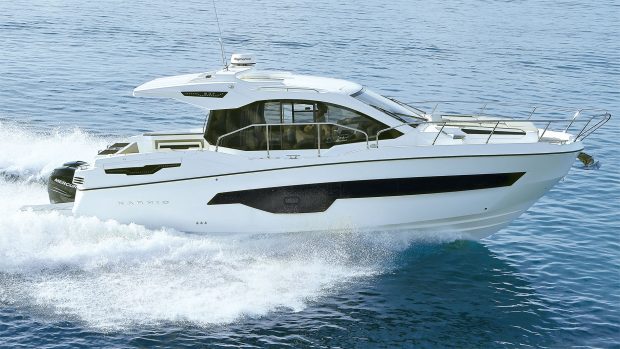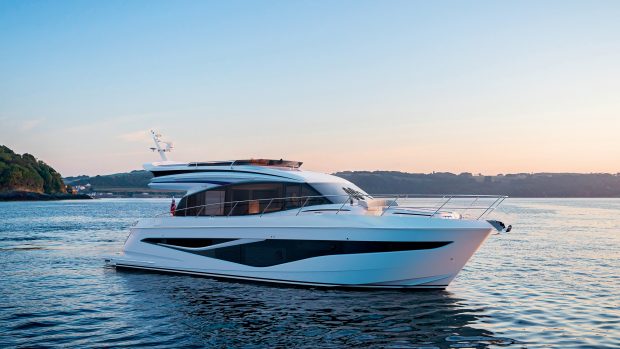In the event of a no-deal Brexit, crossing from the Channel Islands to France by private boat could require clearance at a Frontières Maritimes port
The Guernsey Harbours Head of Port Operations has warned of the potential implications that a no-deal Brexit could have on private boat owners wishing to cross from the Channel Islands to France.
In an update issued to all members of the Guernsey Yacht Club, it explained: “In the event of a no-deal Brexit, we have been advised that the French Authorities are indicating that visitors to France, arriving from the Channel Islands by sea, will have to initially report to a Frontières Maritimes port to achieve Customs & Immigration Clearance.”
The designated Frontières Maritimes ports in Brittany and Normandy are Cherbourg, Granville, Carteret, St Malo, Brest and Roscoff. This restrictive list rules out direct crossings to popular ports such as Binic, St Cast, Paimpol, Lazardrieux, Treguier and Perros Guirec.
Although the Channel Islands are not part of the European Union, they have protocol territory status, which allows freedom of movement and goods under the customs union. However, this would lapse should the United Kingdom leave the EU without a deal.
The Guernsey Harbours statement concludes: “Although [we] have received no official confirmation of this arrangement, boat owners should consider this whilst route planning in the no-deal Brexit scenario.”
Update: April 12
Guernsey Harbours has issued updated guidance stating that the following procedure will be adopted for private boats crossing from the Channel Islands to a non-Frontières Maritimes port:
“A yacht should inform the Harbour Master’s office by VHF of its arrival. The Harbour Master will then advise the Border Police (PAF) or the Customs authorities as the case may be. These authorities may then decide either to visit the arriving yacht or request those on board to attend the nearest PAF or Customs office to have their passports stamped.”
The statement continues: “A further relaxing of these measures is expected, and it is probable that passports will not be required to be stamped, in which case the information relayed to the Border Police or Customs authorities will be sufficient, and those on board will not need to do anything further.”

What’s the Brexit forecast for boaters?
What happens to us amateur seafarers after Brexit, when the UK eventually withdraws from the European Union?

Red diesel ruling goes against HMRC
HMRC loses the battle against European Court of Justice for private pleasure boaters to use red diesel









